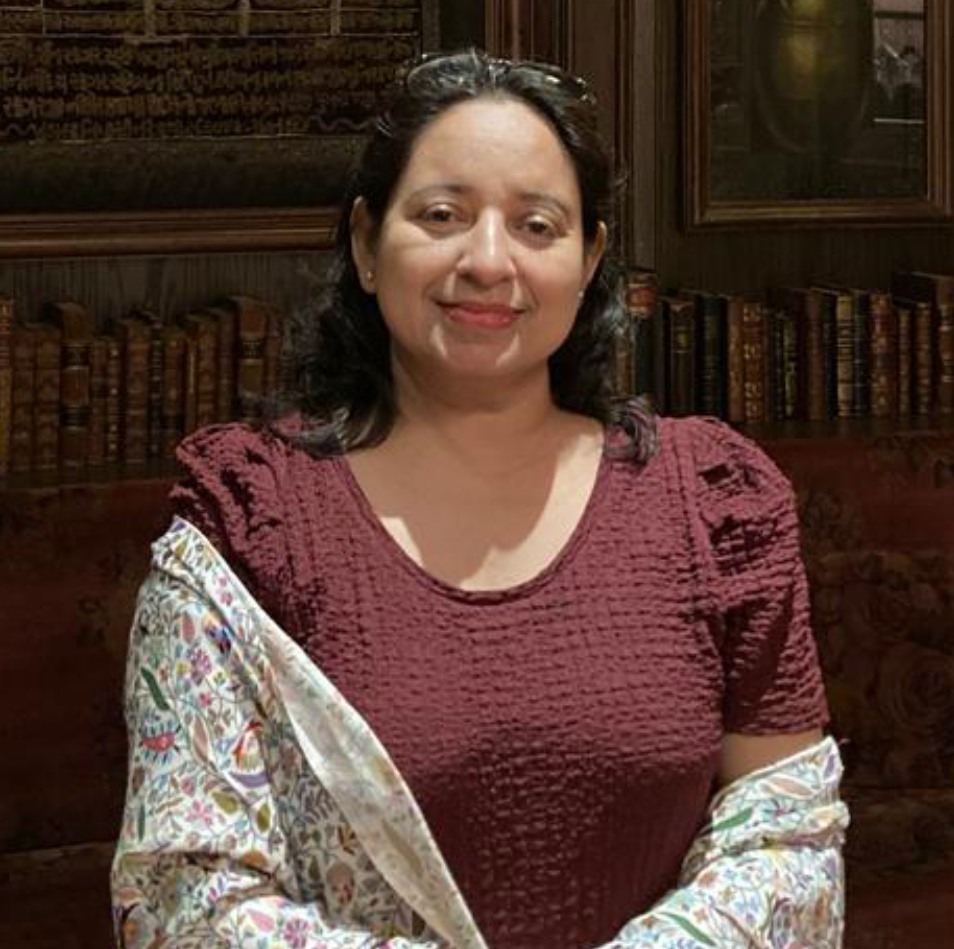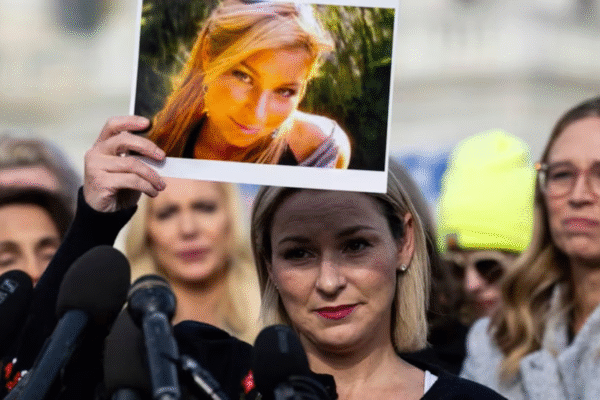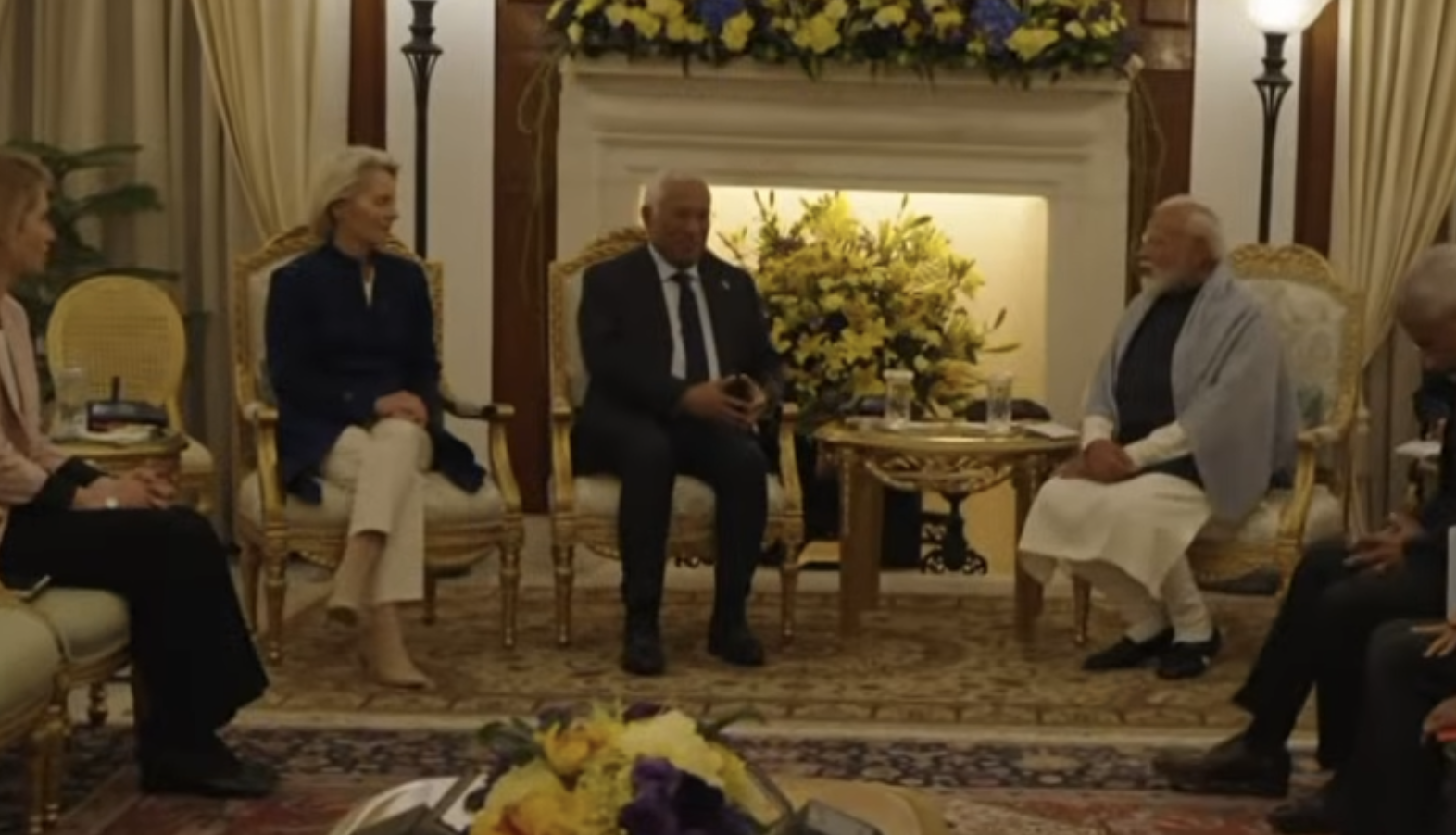

Israeli Ground Offensive on Gaza 2025: Why the World Is Watching in Silence, Read Full Story
Israeli Ground Offensive on Gaza 2025Israel launched a major ground offensive in Gaza City in mid‑September 2025, intensifying its conflict with Hamas. Before that, Israeli forces carried out weeks of airstrikes and artillery bombardment. They aimed to destroy Hamas’s command centers, tunnels, and hidden weapons stores in Gaza’s dense neighborhoods. Israel says this offensive is a response to repeated rocket attacks and threats to its civilian population. Meanwhile, Gaza’s infrastructural damage has rapidly mounted.
Medical facilities are overwhelmed. The Gaza Health Ministry reports thousands of civilian deaths including many women and children. Basic services like water, electricity, and medical aid are breaking down in several areas. United Nations experts warn Gaza City has become “unlivable.” Francesca Albanese, a U.N. human rights special rapporteur, accused Israel of attempting to make Gaza City uninhabitable and of using unconventional weapons. She also described the situation as ethnic cleansing, which Israel strongly rejects.Reuters
Emergency evacuation orders have forced many families to flee south. Still, hundreds of thousands remain in dangerous zones despite official pleas. The international community has repeatedly called for ceasefire. But fighting continues, and humanitarian suffering deepens daily.
U.S. Support, Muslim‑World Reluctance & What May Come Next
The United States has openly supported Israel’s campaign. U.S. Secretary of State Marco Rubio declared that Israel has “full support” over its plans to destroy Hamas. He emphasized America’s view that Hamas must be defeated. Trump‑administration statements echo strategic priorities: stopping attacks, securing hostages, protecting Israel’s borders. U.S. officials claim their support aligns with defense, not aggression.N expert says Israel seeks to make Gaza City ‘unliveable’ – Reuters
America supports Israel for several reasons. First, it sees Israel as a key regional ally against groups like Hamas and perceived Iranian influence. Second, it values military cooperation, intelligence sharing, and strategic presence in the Middle East. Third, domestic U.S. politics strongly favor Israel; many voters and politicians push for firm support.
Meanwhile, major Muslim‑majority countries remain cautious. Public sentiment leans toward Gaza, but many governments avoid strong diplomatic moves. They fear harming relationships with Western powers or provoking further instability. Some have normalized relations with Israel or depend on economic ties, so overt criticism risks political cost.
NATO and human rights agencies also respond carefully. NATO avoids direct involvement since its members disagree and it lacks a mandate in this conflict. Human rights groups issue reports but often struggle with access, verification, or political constraints. Their criticism tends to be muted though many accuse them of failing civilians by not speaking louder.
Looking ahead, the conflict may persist without substantial ceasefire agreements. Rescue of hostages remains central in U.S.‑mediated talks. Israel demands full dismantling of Hamas’s military capacity. Hamas seeks prisoner exchanges and withdrawal of Israeli forces. Past ceasefire proposals collapsed over terms including duration, troop withdrawal, and safe corridors.
Should Israel maintain its offensive, displacement and death toll will likely rise sharply. If regional actors such as Hezbollah or Iran get more involved, the war could spread. International criticism may increase, possibly leading to sanctions or shifts in alliances.
Yet peace remains possible if diplomatic pressure mounts and terms satisfy both sides. Ceasefire negotiations in places like Doha still draw attention. A balanced agreement would involve humanitarian access, civilian protections, hostage releases, and clear limits on future military operations.
UIsrael’s ground offensive in Gaza City marks a dangerous escalation. The U.S. backs Israel strongly for strategic and political reasons. Muslim‑majority governments and human rights agencies remain mostly subdued due to complex politics. If this trend continues, consequences will extend far beyond Gaza’s borders, affecting regional stability, civilian lives, and international norms. The world now watches whether diplomacy or war determines what happens next.

Prabha Gupta is a veteran journalist and civic thinker dedicated to the constitutional ideals of dignity and institutional ethics. With over thirty years of experience in public communication, her work serves as a bridge between India’s civil society and its democratic institutions. She is a prominent voice on the evolution of Indian citizenship, advocating for a national discourse rooted in integrity and the empowerment of the common citizen









